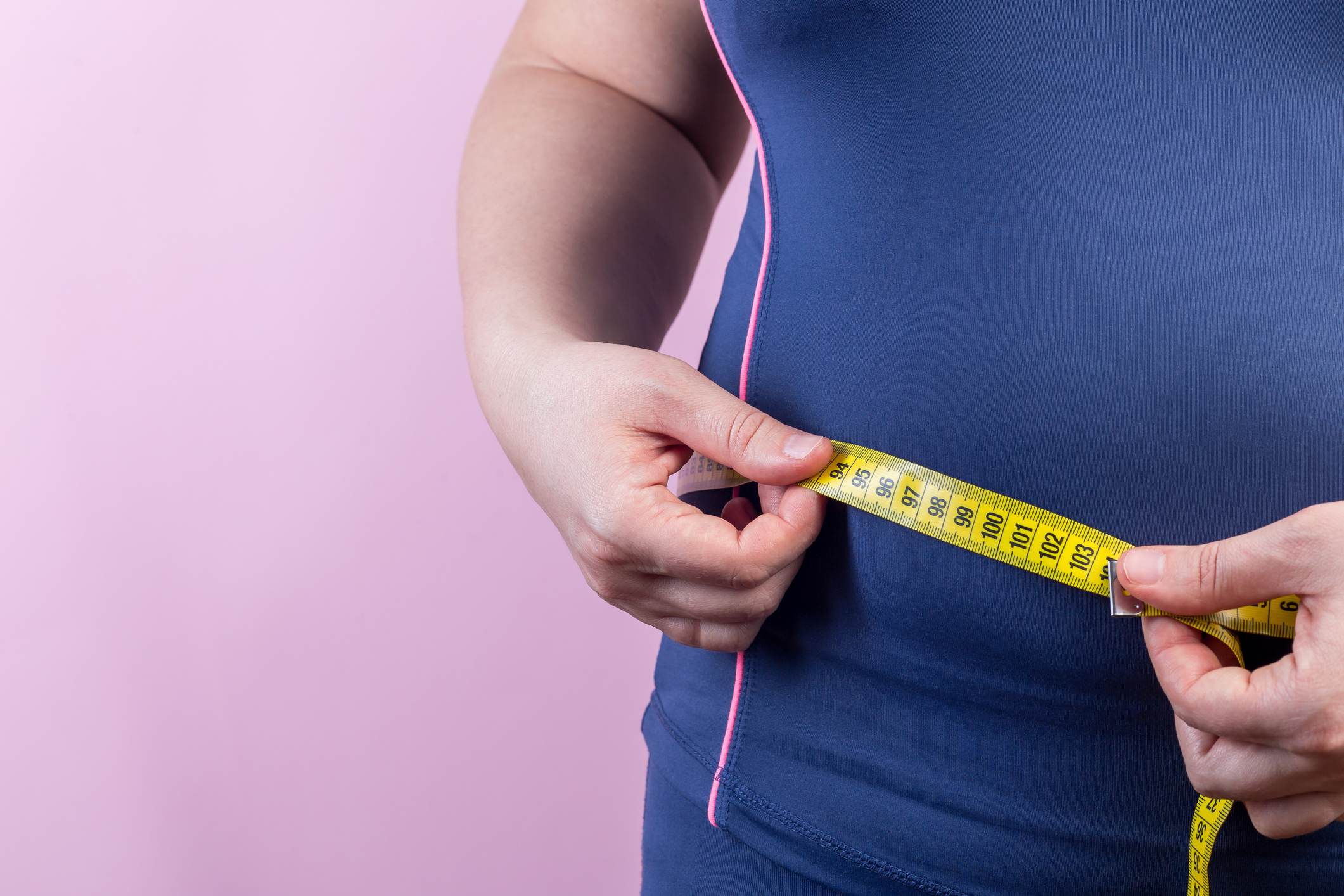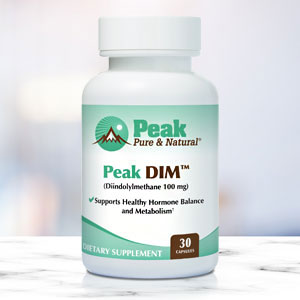Get Easy Health Digest™ in your inbox and don’t miss a thing when you subscribe today. Plus, get the free bonus report, Mother Nature’s Tips, Tricks and Remedies for Cholesterol, Blood Pressure & Blood Sugar as my way of saying welcome to the community!
The drink that drives down your fat-triggering hormone

Many of us have just made another resolution to lose the extra weight around our hips, thighs and belly. And more likely than not, we’ll give it up again in defeat. Not to sound glib, but if you want to really lose the weight, just drink more water — but not for reason you think.
And if you do, this year could be different!
Why?
Because thanks to researchers at the University of Colorado Anschutz Medical Campus we now know that losing weight could be as easy as drinking a glass of water.
The vasopressin/obesity connection
Yup, you read that right… drinking more water could be the one key you need to win the weight loss battle.
Sound too good to be true?
Well, here’s why those Colorado researchers say it works…
The scientists began their researcher with just a question — why is the hormone vasopressin, which maintains the body’s water levels, elevated in people with obesity and diabetes?
So, they dived right in…
They fed mice sugar water, specifically fructose, and found that it stimulated their brain to make vasopressin. And the vasopressin in turn stored the water as fat which resulted in dehydration and triggered obesity.
Let’s walk through that again.
Eating sugar elevates vasopressin. Vasopressin causes dehydration. And you become obese.
Got it?
Reversing the process
Now, for the good news…
The researchers then treated the mice with non-sugary water and found that it reduced the obesity.
In other words, just drinking water made the mice lose weight.
“We found that it does this by working through a particular vasopressin receptor known as V1b,” he said. “This receptor has been known for a while but no one has really understood its function,” said the study’s lead author Miguel A. Lanaspa, Ph.D.
This means that when you drink water, you suppress the vasopressin hormone and block the dehydration that can stimulate the formation of fat. And you can actually accelerate your weight loss!
According to the researchers, their findings back up observations showing that obese people often have signs of dehydration. It also explains why high salt diets can lead to obesity and blood sugar problems.
And it means drinking more water could prevent and treat obesity and even ward off the collection of metabolic syndrome, which increases your risk of stroke, high blood pressure and type 2 diabetes.
Grab a glass for weight loss success
So, if you’re ready to finally to finally succeed in your resolution to lose weight this year, drink up!
Water is your key to pushing down your vasopressin levels that result in dehydration and fat storage.
Easy ways to drink more water each day include:
- Drinking an 8 oz. glass after each time you go to the bathroom.
- Adding flavoring with slices of cucumber, ginger or mint to your pitcher.
- Making it a rule to drink water before every meal.
- Keep extra water bottles filled around your house, in your purse and even in your car.
- Drink a glass while you’re waiting for your morning coffee.
- Try a smart water bottle that measures your .take and sends you reminders to drink more via an app on your phone.
To decide how much to drink, consider the recommendations from the Institute of Medicine (IOM) who says that men should set a goal of 13 cups (about 3 liters) of fluid each day and sets the magic number for women as 9 cups (just over 2 liters).
Editor’s note: Are you feeling unusually tired? You may think this is normal aging, but the problem could be your master hormone. When it’s not working, your risk of age-related diseases skyrockets. To reset what many call “the trigger for all disease” and live better, longer, click here to discover The Insulin Factor: How to Repair Your Body’s Master Controller and Conquer Chronic Disease!
Water may be an effective treatment for metabolic syndrome — EurekAlert!
Metabolic Syndrome — Mayo Clinic













